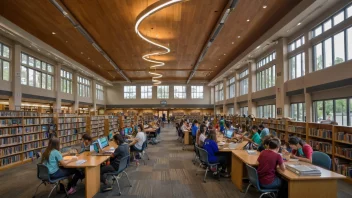education
Education is a fundamental right and a key driver for social change. This tag features articles on educational programs, literacy initiatives, and the impact of education in combating poverty and promoting equality.

Education is a fundamental right and a key driver for social change. This tag features articles on educational programs, literacy initiatives, and the impact of education in combating poverty and promoting equality.
